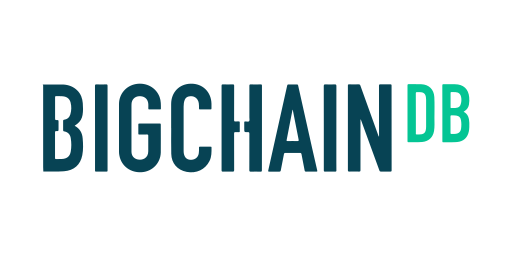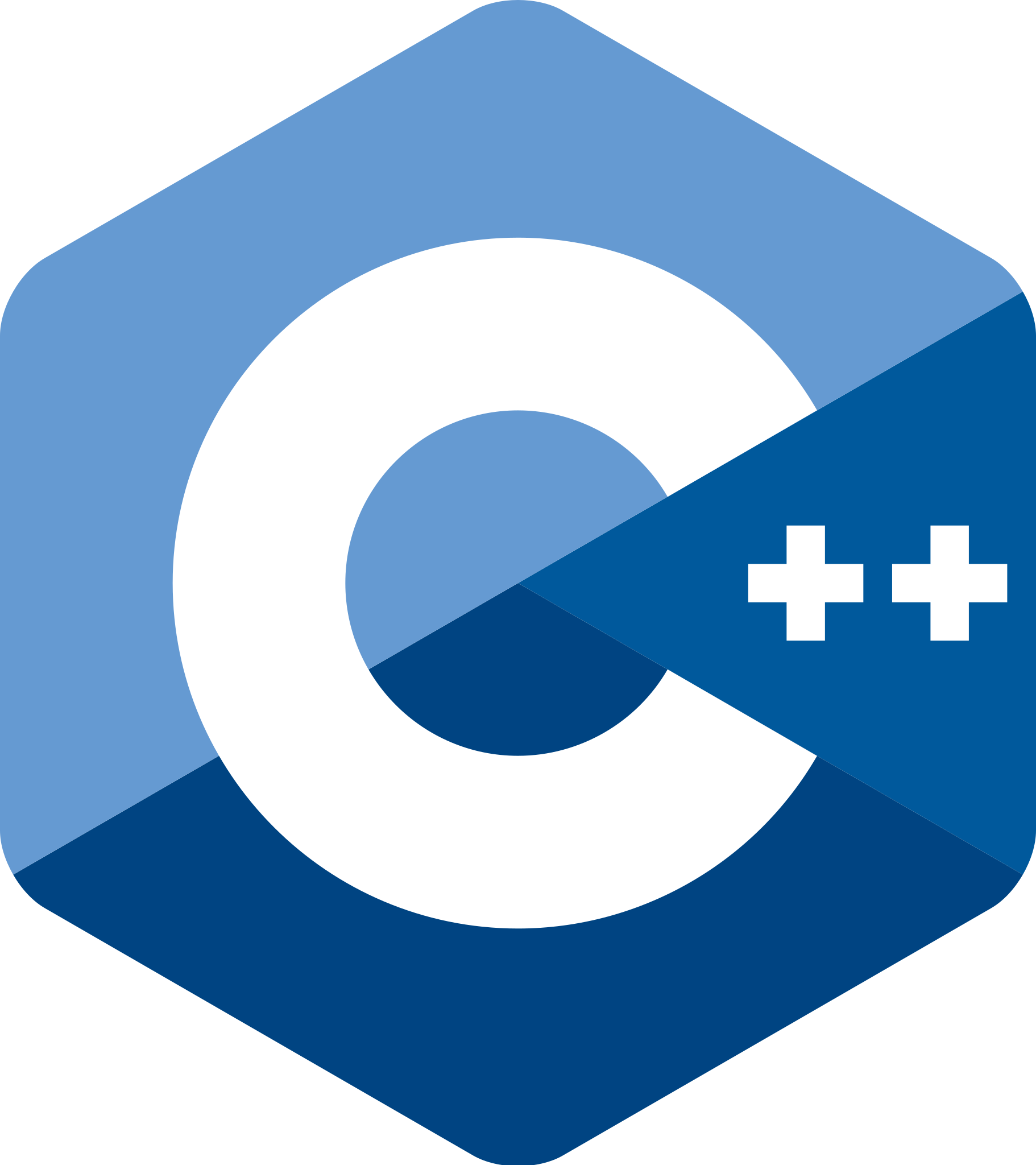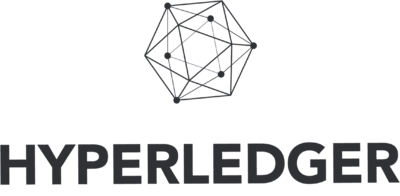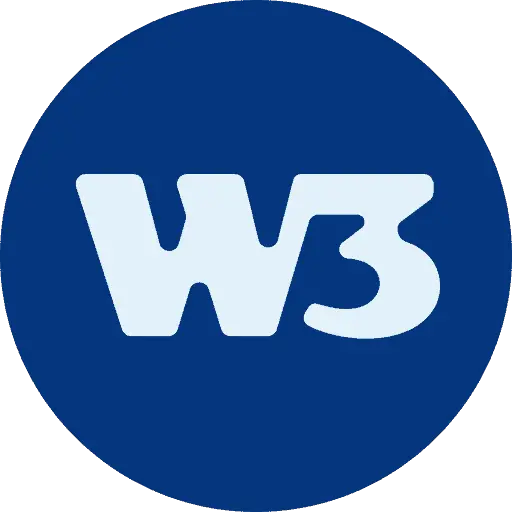




Blockchain prevents fraud and unauthorized activity by establishing immutable, end-to-end encrypted records making it hacking-proof.s
All transactions are time-stamped and irrefutable. Members can view a transaction's whole history, preventing fraud.
Smart contracts minimize human interaction and third-party verification.It enables you to automate transactions, increasing efficiency and speed.
Blockchain creates an audit trail for an asset's entire journey. Traceability data can reveal supply chain problems, such as products sitting on a loading dock awaiting transit.
Traditional paper-heavy processes are time-consuming, error-prone, and involve third-party mediation. By using blockchain, transactions can be done more quickly.
We analyze your blockchain potential. We cover market research, project feasibility, blockchain platform analysis, tool selection, and feature prioritization.
Our compelling designs create a seamless user experience and are based on a system blueprint. User preferences influence the final technical design.
Our blockchain developers create enterprise-grade apps from concept to design and development for optimum ROI.
Get the right platform to harness blockchain's power. Our team implements private and public blockchain in your cloud environment.
Our monitoring system supports OS releases, 3rd party upgrades, and new releases, giving you peace of mind. We help with both minor and major issues.
We transition your existing operation to the blockchain and provide a migration, testing, and update roadmap to assure no downtime.









With Public and Private Blockchain solutions, you have the ability to manage who gets access to specific data.

Our decentralized applications development solution helps in maintaining tamper-proof and intrusion-free databases.

Our decentralized applications development solution helps in maintaining tamper-proof and intrusion-free databases.

We enable you to migrate your existing business to blockchain and define a testing and migration roadmap.
Blockchain is a decentralized and distributed digital ledger that records transactions across multiple computers in a secure and transparent way.
Blockchain works by using cryptography to secure transactions and validate them through consensus algorithms, creating blocks of transactions that are linked and secured through complex mathematical algorithms.
Benefits include increased security and transparency, reduced risk of fraud and tampering, increased efficiency, and increased cost savings.
Use cases include financial services, supply chain management, digital identity management, voting systems, and more.
A smart contract is a self-executing contract with the terms of the agreement between buyer and seller being directly written into lines of code.
A public blockchain is open to anyone and is transparent and secure, while a private blockchain is restricted to specific individuals and organizations and is typically used for enterprise purposes.
Blockchain is the technology that underlies cryptocurrencies, while a cryptocurrency is a specific application of blockchain technology.
Businesses can benefit from using blockchain technology by improving transparency, increasing efficiency, reducing costs, and reducing the risk of fraud.